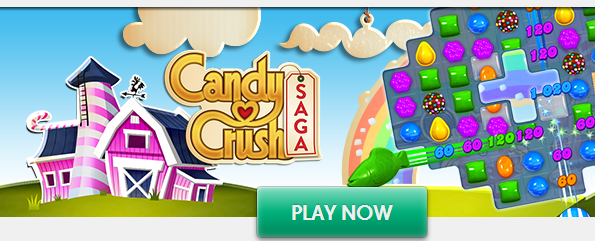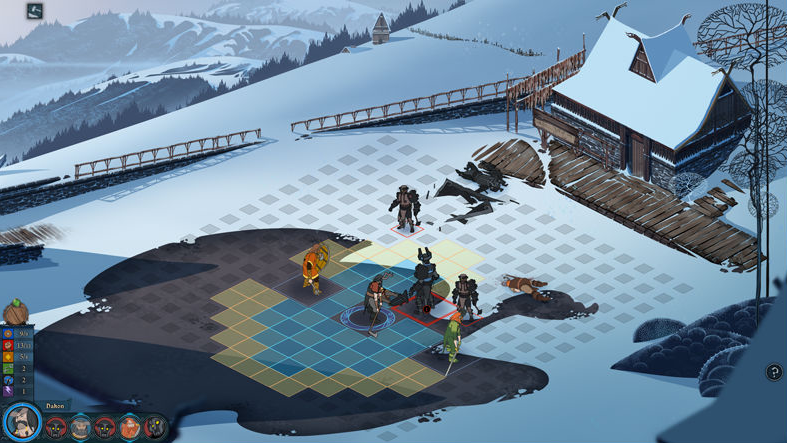Video Game Company Enforces Registered Trademarks of “Candy” and “Saga,” Furious Responses Follow
During a lunch conversation at the Yau Law Firm, Samantha, my receptionist, suddenly piped, “hey, did you hear about someone trademarking the word ‘Candy’?” My initial reaction to Samantha’s news was one of disbelief. I thought to myself, “that’s a very descriptive word! How is it possible?” My subsequent research answered that question: “Candy,” is a trademark registered with King.com, a corporation located in Malta. What is “Candy” being claimed for? Video games. You may be familiar with King’s video game, Candy Crush. I certainly am even though I’ve never played it. I get numerous friend requests on Facebook to join in on the fun (and I find the requests to be as annoying as farmville requests). Although I am not personally a big fan of Candy Crush (unlike many of my friends and family), nothing demonstrates the power of having a registered trademark more than King’s recent Notice of Opposition sent to a competitor, Stoic, LLC.
On December 27, 2013, right before the new year, King sent a notice to Stoic, opposing Stoic’s application for a trademark registration of the words “The Banner Saga.” King is also the owner of various other trademarks, including the word “Saga.” King’s opposition stems from the argument that Stoic’s mark, “The Banner Saga,” is confusingly similar to King’s various Saga games, including “Bubble Saga,” and “Candy Crush Saga.” The response from the public is phenomenal. Various video game fans and other members of the public are furious with King’s legal action, stating that King’s claim over the trademark “Saga” is wrong. Some see King’s move as a rich company’s bullying a little company (Stoic) and abuse of U.S. trademark laws.
The public response is not at all surprising to me. On face value, it seems ludicrous that a company like King would argue that a role-playing game about vikings is confusingly similar to a Facebook shooting game involving bubbles. As one opinion-writer states,“[The Banner Saga] has as much to do with King’s Candy Crush Saga as a wet tea towel in a cement mixer.” A great comparison, if you ask me, and I would agree with this writer. Nevertheless, all eyes should likewise shift to the United States Patent and Trademark Office’s classification of goods and services. Allow me to explain.
Generally, common English words like “Candy,” and “Apple” cannot be trademarked to describe those goods and services that the owner is trying to sell. So, in other words, one can’t trademark (or rather, one would have an extremely difficult time trademarking) the word “apple” for a business that sells and ships apples, apple pies, etc. But, we do have a registered trademark of the word “apple,” and that belongs to the famous iPhone-making company located in Cupertino, California: Apple. What’s the difference? The difference is in the classification of goods and services that “Apple” is being trademarked for. In this instance, Apple did not claim a trademark ownership over selling apples. It is claiming ownership over computers (and classes similar to computers). In Apple’s case, the mark is extremely strong because it is an “arbitrary mark:” a real word that is used to describe something disassociated with it. So, if XYZ company (as an example) decides to sell computers bearing the word “Apple,” Apple can in fact enforce its trademark ownership rights because XYZ’s use of the word “apple” is confusingly similar to Apple’s.
Although “candy” is a common English word, in King’s case, it is not trademarked for the use of selling candy. Rather, King is claiming the word for electronic games and services similar to video game creation. So, contrary to popular belief, it is not likely that a company selling only candy will receive a warning from King.com to stop using the word “Candy.” And, although it is true that The Banner Saga has little to do with Bubble Saga, the problem is in the way the United States Patent and Trademark Office identifies its available classes of goods and services. At this time, unfortunately, there is no class identification for “role playing video game about vikings,” or “on-line video game consisting of user shooting bubbles.” There are only those classes describing the nature of the good/service offered, which in King and Stoic’s case is mostly “computer game software.” Given how virtual reality is as vast and different as reality, perhaps it’s about time that the United States Patent and Trademark Office allow owners to classify in greater detail the type of video game software being claimed.
What do you think?
For more information on trademarking, give us a call today!
Article by: Florence Chen Monauer


Leave a Reply